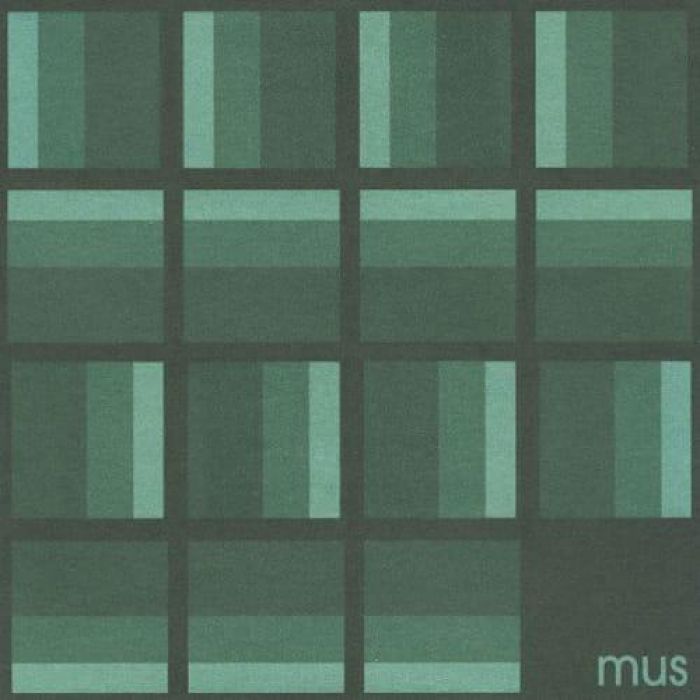Mus by Mus (Review)

Not all electronic music needs to register in the triple digits when it comes to BPM, nor employ frantic sampling and epileptic rhythms. There is such a thing as atmosphere and texture. Unfortunately, too many groups taking that particular route fall into that amorphous “chill out music” category. Alright, so maybe that’s not the “official” name of the genre, but you know you’re heard it… it’s a light pastiche of techno, lounge, dub, and hip-hop that graces the likes of fashion boutiques. Oh sure, it has plenty of atmosphere and style, and it’s laidback alright… like all good muzak.
But as groups like Mus prove, it is possible to make textured and atmospheric music that doesn’t have to fade into the background. The results are sometimes spotty, but by and large, Mus is a rich listening experience. And it’s surprising, because some of the songs are about as stripped down as you can get with electronic music. The early portions of this record sometimes get a little too minimal, with soft pulsing beats and ghostly ambience slowly intertwining around each other, à la Seefeel or even the Tear Ceremony. But occasionally, Mus sends ripples across the serene surface of their music, in the form of ghostly voices and disturbing samples.
However, it’s towards the latter half of the album that Mus really starts to come into their own. The music here sounds fuller and more lush, incorporating more recognizable vocals, guitars, orchestral treatments, and crisper beats. One might be reminded of Cocteau Twin’s work with Mark Clifford, if you were to replace Liz Frazier’s gorgeous babbling with the Spanish dialect Asturian. Of course, the sing-song nature of the vocals is still there, but a little more down to earth than the Twins’ speaking in tongues.
It’s pointless to dub Mus trip-hop, downtempo, ambient, etc., but they do filter all of the above into their sound. It’s electronic music, but as with groups like Bows and Halou, they put a soul into the middle of it. There are those who will find Mus’ minimal aspects more fascinating. But even on those songs, the result is still warm vibrant music that, when it does drift into the background, lends itself to more than just simple “chilling out.” And if Mus’ sounds are ever labelled muzak, it’s some of the most intelligent and interesting muzak I’ve ever heard.